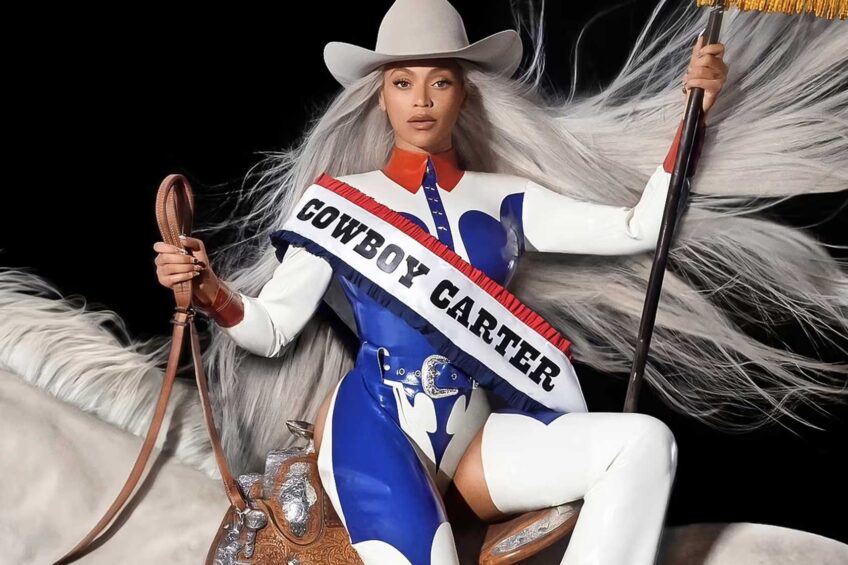In an informal poll on Facebook, I asked this question: “Do you know of any black-owned business that got a COVID stimulus SBA Payroll Protection loan?” Of the several hundred responses, only three said yes. When I asked for specifics, namely their names and types of business, there was no response.
Respondents expressed disgust, outrage and deep cynicism about the program’s blatant giveaway to major corporations who quickly lined up with their hand out for the dollars. The outrage is more than justified. In California, only 3% of small businesses have gotten any funds from the program. This dismal stat could almost certainly be matched in most other states.
The estimated 2.5 million black-owned businesses make up almost one-third of the 8 million minority-owned businesses in the US. Overall, they are nearly 10% of the estimated 27 million total U.S. businesses.
When the SBA stimulus loan program was announced, there was guarded optimism from some black business owners. Most were small operations with one or two employees including the owner. Nearly all were forced to close their doors under state mandates. They needed help, and fast.
But then the headlines told of an array of multibillion-dollar outfits, some with ties to Trump, grabbing the bucks. Despite the screams of protest on social media and in some news outlets about the naked money grab by the biggies, only one was shamed enough to give back the money. The few that bothered to try to explain why they asked for and took the money solemnly swore they would put every penny into employee rehires, salaries, back pay and benefits. Few pointed out that that is exactly what needy legitimate small businesses would do, too.
All, though, were within the law to take the money. Industry lobbyists saw to that when they stuffed the small business stimulus package with money for airlines, cruise lines, hotels and other “essential industries.” They also inserted a colossal loophole that defined small business not by the number of overall employees, but the number (under 500) at a specific location. Some developed collective amnesia about their pledge to spend the stimulus money on employee hires and wages. They requested that they be allowed to spend the cash on expenses such as mortgage principal or franchise fees.
There is only the vaguest provision in the law for oversight and monitoring. It takes little imagination to know that stock purchases, buybacks and corporate CEO perks and payouts could not be far behind. There is absolutely no reason to think that adding more billions to the SBA loan package will be the lifesaver small black or any other small business desperately needs.
The inherent tilt toward big corporations was built into the package. Wells Fargo virtually confirmed that in a memo that flatly said it “prioritized” loans to its biggest and supposedly best customers. It took much heat for its candor, and in quick damage control said it would donate the hefty lending fees it raked in to nonprofits. At least that is what it said.
The brutal truth is that long before COVID and small business stimulus packages, black businesses were a specially endangered breed when it came to getting a dime out of banks and the government. The reasons are well documented: the lack of credit, proven business track record, resources, expertise, and a longstanding cozy relationship with banks. Then there is the dizzying gauntlet of wage and tax forms, documents, and filings needed to qualify for a loan. Much of the work is done online and that means having computer access and computer skills.
Countless surveys by business groups, regulators and watchdog groups have produced reams of figures showing that despite the PR lip service lenders pay to wanting to lend to small businesses, the paltry number of such loans to small and especially minority businesses have remained frozen over the past decade.
The stimulus package could have changed that. It should have provided for direct grants to the most distressed small businesses, a streamlined application process, and a fast-track schedule for approval and payout to legitimate small businesses. It should have specified that the funds go to a broad segment of small businesses. That did not happen, and we see the devastating result. This is exactly why nearly every respondent in my poll said “no” to the question if they knew a black business that got a loan.
Earl Ofari Hutchinson is an author and political analyst.


![Banner [Virtual] Art Gallery](https://baystatebanner.com/wp-content/uploads/2024/04/Cagen-Luse_Men-at-store-e1713991226112-150x150.jpg)



